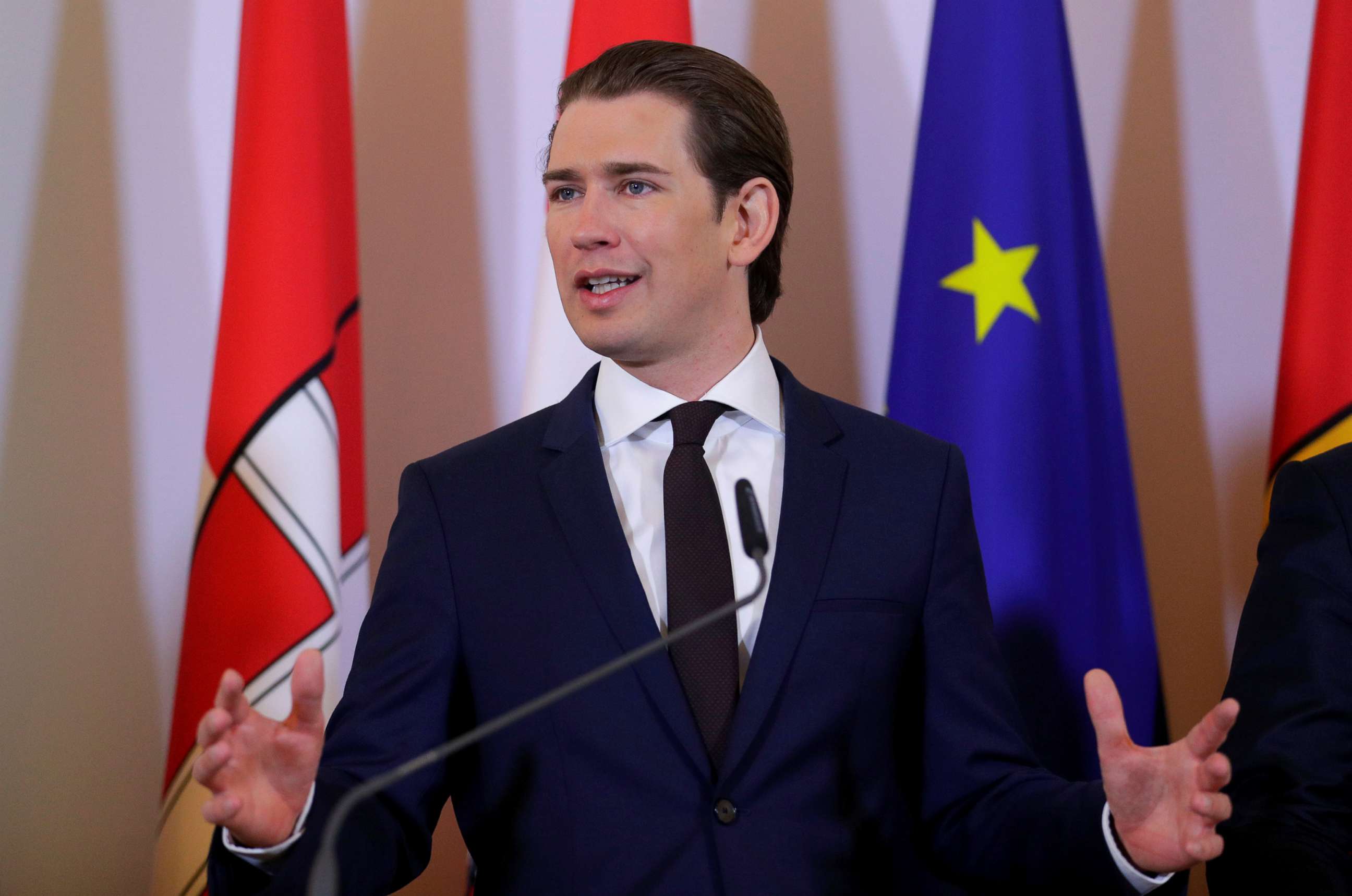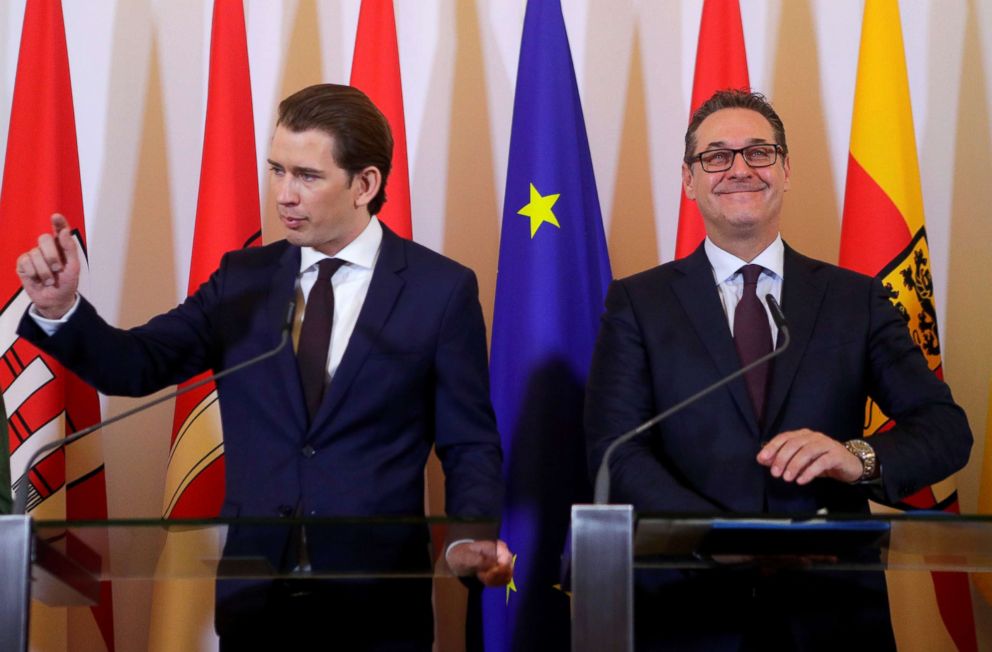Why Austrian lawmakers are proposing a headscarf ban for kindergarteners
A potential law fulfills campaign promises and creates controversy.
Austria’s new coalition government, consisting of the far-right Freedom party (FPÖ) and center-right Austrian People’s Party (ÖVP), pledged Wednesday to create a draft law that would ban young Muslim girls in kindergarten and primary school from wearing headscarves.
Lawmakers say mainstream Austrian culture is under attack by what it calls “political Islam.” Both parties in the ruling coalition campaigned on hard-line immigration policies during the federal elections in October 2017.
Yet, Muslim groups say the draft law sensationalizes a marginal issue, using paternalistic rhetoric that further ostracizes the country’s Muslims and plays on citizens' fears.

‘In control when it comes to the Islam issue'
Addressing the media on Wednesday, Chancellor Kurz said the number of girls in kindergarten and primary schools wearing headscarves was a “growing phenomenon,” yet he provided no figures to support the statement. The proposed “child protection law” would be drawn up later this year.
Typically, young Muslim women make the decision to wear a headscarf when they are teenagers. The practice of girls younger than age 10 wearing the garments is rare and largely frowned upon within the Muslim community, according to Carla Amina Baghajati, a spokeswoman for Austria’s Islamic Religious Community.
The ban would affect a very limited number of families, with whom there is already “a very effective inter-Muslim dialogue” when it comes to dissuading young girls from wearing headscarves or allowing them to decide on their own, she said. Baghajati does not know of any kindergarten students who wear hijabs.
“This initiative is not truly about taking care of children and being concerned about their well-being. It is more or less another symbolic action taken by policy to signal a broader public, to say, we are in control when it comes to the Islam issue,” she said.

Campaigning on an anti-Islam platform
The center-right conservatives, led by 35-year-old chancellor Sebastian Kurz, largely won last October’s federal elections by taking a hardline on immigration. As in many other European countries, Austria took in hundreds of thousands of asylum-seekers in 2015, prompting fears of economic and ideological change for some citizens. Austria received 150,000 asylum-applications in 2015 — about 2 percent of its population.
The Austrian People’s Party capitalized on these fears, making promises such as banning the headscarf and reducing social benefits to migrants.
Meanwhile, the country’s far-right Freedom Party, which was founded by a former SS member in 1956 (the armed wing of the Nazi party), won 26 percent of the vote while running on an anti-Islam platform.
“Campaign pledges have been fulfilled” with this proposal, said Vice-Chancellor Heinz-Christian Strache in a statement on the party’s website on Wednesday. The law would reduce what he described as “parallel societies.”




